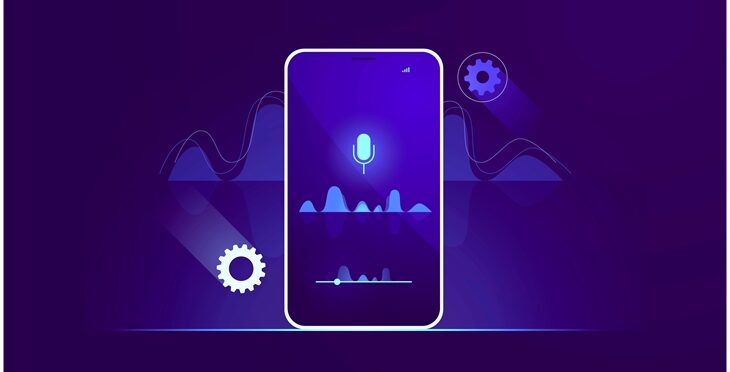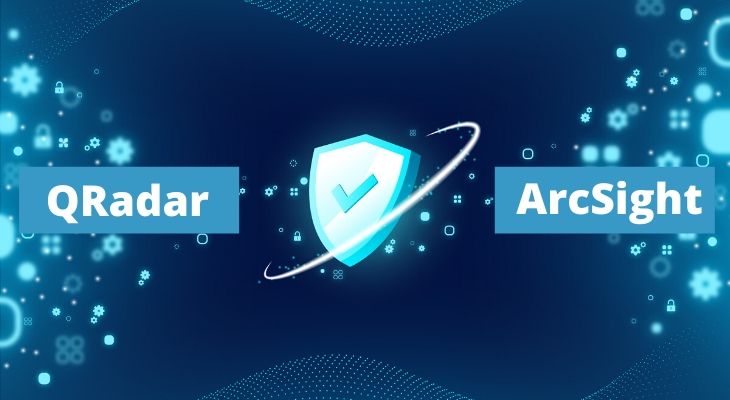What Is Conversational Analytics?
Conversational analytics uses artificial intelligence to infer data from human speech. It reads in both written and oral forms. Conversational analytics is a natural language processing (NLP) solution. It helps computers understand and organize data to learn from it.
Conversational analytics is the process of extracting data from human speech. It does so by using natural language processing (NLP). Conversational analytics helps computers to understand the language. It also aids artificial intelligence (AI) to extract and organize data from it. Conversational AI gives machines the ability to process speech. Thus, it allows people to extract information from a large number of conversations spanning for a couple of years.
Conversational Analytics Tools extract and process data from both spoken and written language. When used in call tracking software, it enables marketers to understand the context of calls. It also helps to predict outcomes, and apply data to optimize marketing campaigns. Thus it improves customer experience.
What Is Natural Language Processing? (NLP)
Natural Language Processing (NLP) falls under the umbrella of Artificial Intelligence. In NLP, computers analyze, understand, and infer the meaning of human language in smart ways. By using NLP, developers can organize and structure knowledge to get tasks done. Following topics come under NLP
- Automatic Summary
- Translation
- Named Entity Recognition
- Relationship Extraction
- Sentiment Analysis
- Speech Recognition, And
- Topic Segmentation
NLP systems have long had useful features for analyzing language for its meaning. NLP has features like correcting grammar, converting speech to text. It can also automatically translate between languages.
NLP parses text so that machines can understand how people speak. This human-to-computer interaction has also made many real-world applications easy. It also assists in sentiment analysis, topic extraction, relationship extraction, and more. NLP is also widely used for text mining, machine translation, and automatic question answering.
How Will Conversational Analytics And Natural Language Processing Have An Effect On The Analytics Field
Time
With conversational analytics, you don't have to wait to reflect on consideration. You also don't have to wait to get the records or wherein to get the records. You most effectively get what you want without the manual search.
Accuracy
Reduced human touchpoint in getting ready the records and visualizing data. Machines are programmed to pick out wanted records, combine and put together the records for you. We can keep away from human errors in making the reports.
Solving Problems
NLP used alongside synthetic intelligence (AI) can assist experts to remedy different worldwide challenges. These challenges consist of easy energy, worldwide hunger, enhancing education, and natural disasters. For example, consistent with a Council Post performing on Forbes, Huge agencies like Google are placing their attractions on flood prevention. They are aiming to utilize AI to predetermine regions of threat and notify humans in affected regions.”
Enabling More Professionals
With natural language seek capabilities, customers don’t need to study SQL or Boolean, so the act of searching is easier. As the best of insights relies upon the right way to ask the proper questions. This ability may also quickly turn out to be vital for enterprise operators, managers, and administrative staff.
Creating A Data-Driven Culture
The greater humans inside an enterprise who recognize a way to accumulate insights based on records, the greater that the enterprise can advantage of a records-pushed subculture. This is based on actual proof in place of guesswork, observation, or theories to make decisions. Such a subculture can be induced in any industry Also, this culture can be fruitful for healthcare, manufacturing, finance, retail, or logistics industries.
Speech Recognition
NLP is what speech recognition is all about. NLP analyzes language patterns, meaning, relationships, and word classification. By doing so, the algorithm is able to put the statement together into a complete sentence.
This also aids machines to more accurately recognize your accent or speech disabilities. Also, a technology called Interactive Voice Response enables people with disabilities to communicate with machines much more easily.
Market Analysis
NLP enables companies to identify the current trends. This can be done by analyzing large amounts of existing data. The device can use the topic for sorting and to find out which categories appear most frequently.
Social media analytics, for example, can provide you with information about your industry, your product, or your brand. You get this insight directly from the consumer's point of view and thus improve your business intelligence. You can see what their feeling is, what topics are the most common or spoken about. It helps you understand what is your customer's opinion of your competitors, the latest trends, etc.
Also, there is no better source of information than your audience.
Search Results
NLP enables search engines to determine the intent behind any query. Google uses this technology to give you the best possible results. With the introduction of BERT in 2019, Google made significant improvements to intent detection and context. This is especially useful for voice search. Queries entered this way tend to be much more talkative and natural. Google integrated BERT mainly because up to 15% of the queries entered daily have never been used before.
Predictive Text
NLP helps us in daily messaging by providing us with predictions about what we would like to write. It enables applications to learn our spelling and improves functionality. It does so by giving us precise recommendations for the following words.
Language Translation
Online translators would not be possible without NLP. A few years ago software could only accurately translate short sentences and individual words. But this has changed nowadays. As an example, Google Translate can convert entire page to and from any language quite successfully.
Disease Prediction
NLP has become a widely used tool in healthcare. It also helps to predict possible diseases. NLP has a very sophisticated set of algorithms. These algorithms provide clinicians with various information about progressive diseases.
NLP also provides information on diseases such as depression or schizophrenia. It does so by interpreting speech patterns. Medical records are a great source of information. NLP assists doctors to identify diseases. It also improves patient understanding, facilitates care, and reduces costs.
Search Engine Optimisation
NLP and BERT have now become interconnected. This has changed the entire field of SEO with considerable changes. The content, its meaning and the reason of search has become far more important nowadays. BERT has also impacted about 10% of all queries, which is a tremendous number. This impact shifted search intent to a great degree. It thus makes the optimization process and keyword research different.
Conclusion
With the steadily growing range of information and the ever more sophisticated and precise algorithms, NLP will certainly gain in popularity. It's changing the way people interact with machines.
NLP's uses above are proof that it is a technology that significantly improves our quality of life.
Deep learning models and NLP algorithms are advancing. Conversational analysis will soon surpass contextual language interface technology. This would result in the improved analysis of human behavior such as the analysis of emotions, state of mind, moods, and feelings.
As this technology develops, so will our ability to have a smart conversation with the voice assistant.
You may also like to read:
What Is A Deep Learning Framework: Top 10 Frameworks





